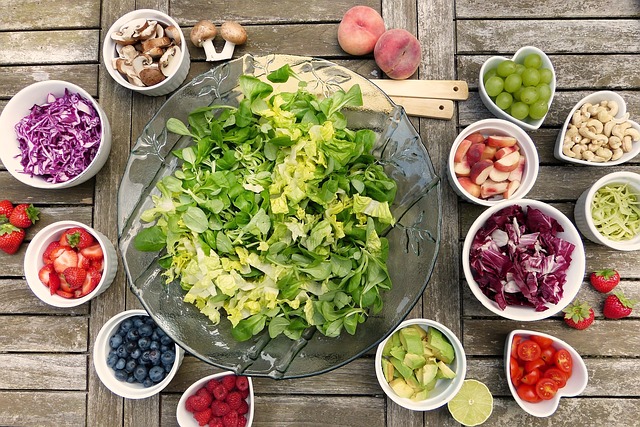The Sixth Month

The sixth month is often the best month of pregnancy as a feeling of happiness and contentment shows on the face of the mother. As a mother you are much relaxed now and your body is adapted to pregnancy. If the weight gain has not been constant until now, this is the month when the expectant mother could put on a lot of weight.
There will be a steady weight gain of 500 gm per week, though if the mother was underweight at the start of the pregnancy, she could gain weight even faster.
Changes in the mother
- The spurt in body weight makes loose fitted clothes more comfortable for the mother to be
- There might be intolerance to heat and excessive sweating.
- There might be increased thirst.
- There may be water retention in the body
- The areolas become more prominent
- The baby bump becomes much bigger
Features of the Baby
- Length: 13 inches
- Weight: 570 gms
- The skin has sweat glands
- Muscles of the arms and legs have developed
- The baby can cough and hiccup
- Baby’s eyelids are still sealed
- Since baby can hear, they develop likes and dislikes for sounds
- Baby can open and close his mouth and even frown
- Baby can make a fist and kick and punch
- Baby has erratic sleeping patterns
- Baby’s taste buds have started to form
- The skin is gradually becoming thicker.
Do’s & Don’ts
- Put your feet up as much as possible during the day
- Continue gentle exercises regularly
- Practice breathing, meditation and relaxation techniques
- Talk to your doctor regarding breast feeding concerns in case you have flat or inverted nipples
- Working mothers must ask for a maternity certificate at the clinic.
- Invest in a good pregnancy bra. Check your size regularly as your breasts will continue to swell throughout pregnancy. If the breasts become very heavy, wear a light weight bra even in the night time.
On the completion of 6 months you are becoming more prepared as a mother. Meet your doctor on the planned visits as he/she is qualified to assess whether your weight gain is appropriate and is going as desired. Examination of the baby through the ultrasound is also beneficial is assessing the growth rate.
To read more on Pregnancy, click on the link below,



